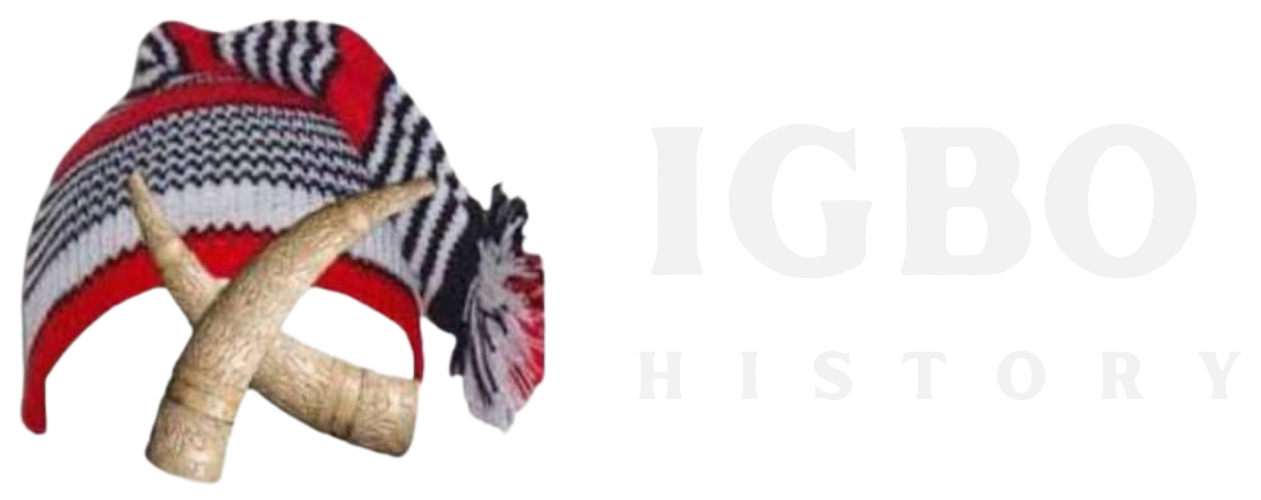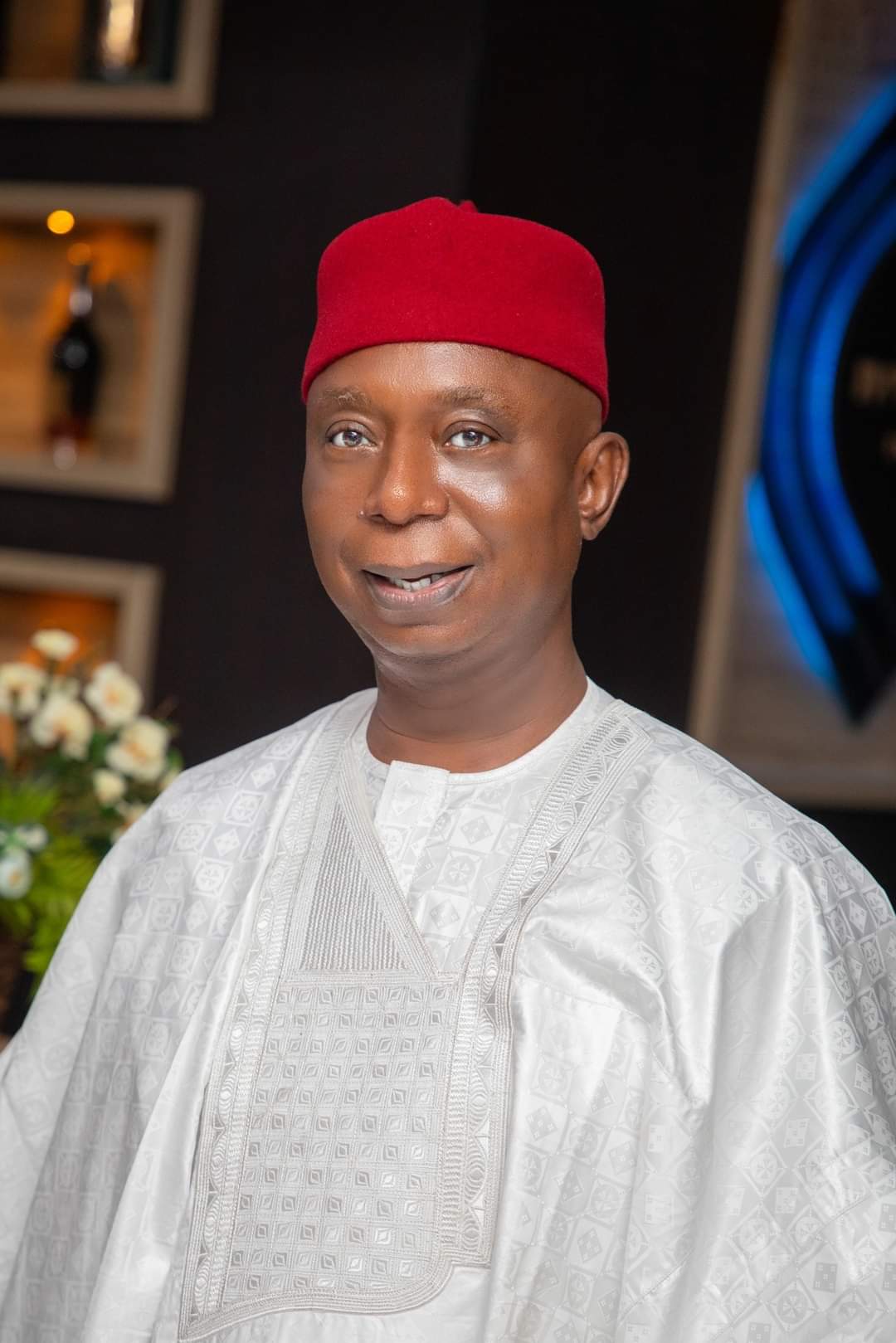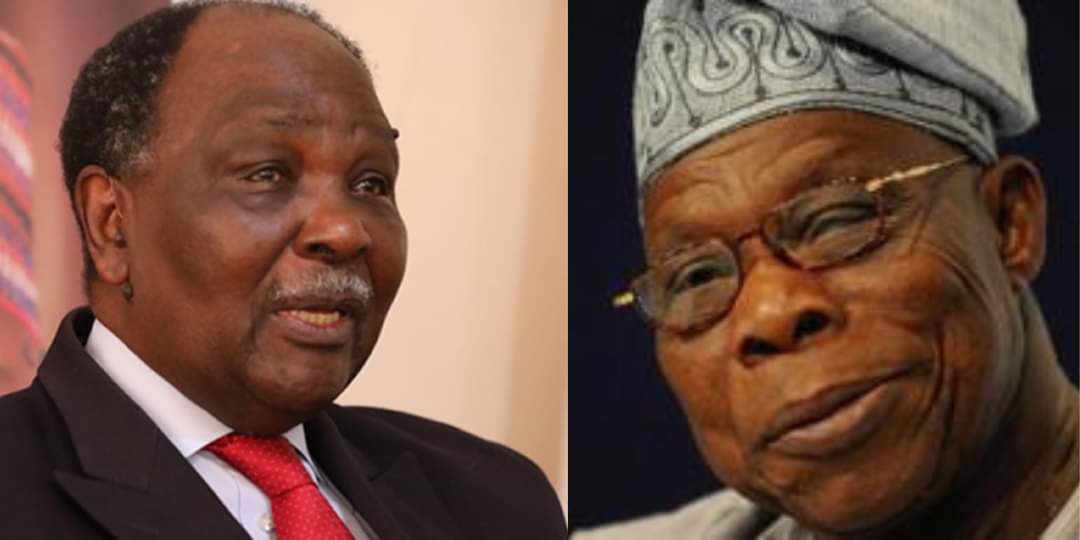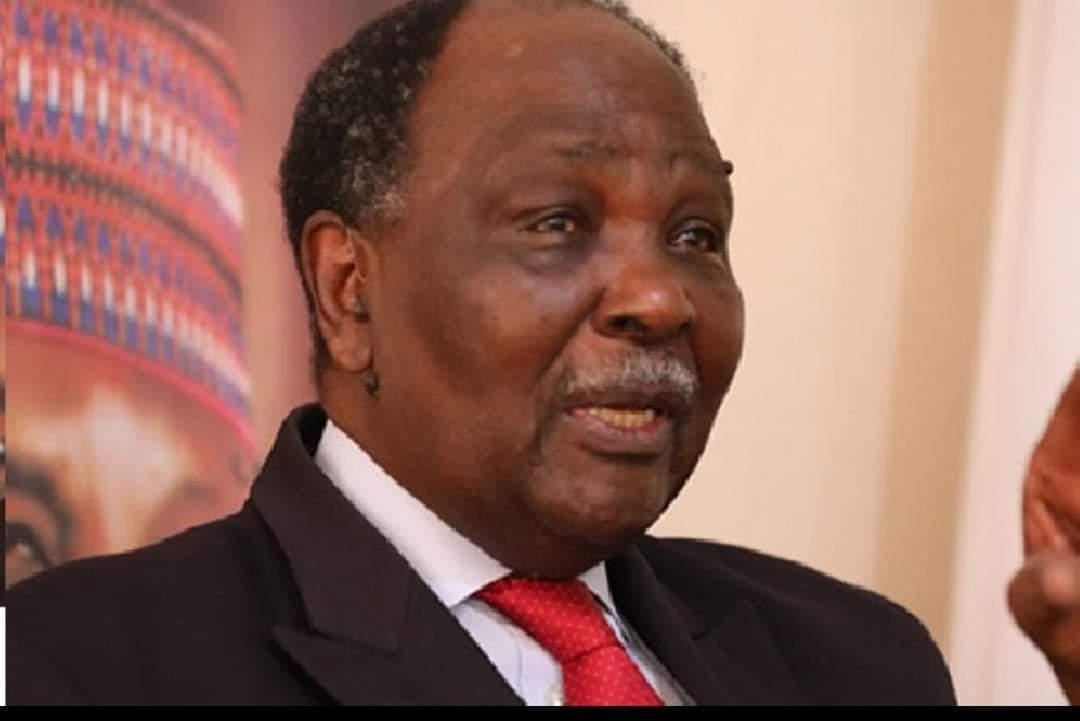There’s a common misconception that “Chukwuabiama” refers to the biblical God of Abraham. However, this interpretation is incorrect.
“Chukwuabiama” actually refers to the oracle at Arochukwu, particularly the Ibini Ukpabi shrine, where people sought divine guidance long before Christianity reached Igboland. This shrine, located in Ovia Chukwu in Aro, played a significant role in the spiritual lives of the Igbo people.
The term “Abiama” is derived from the Aro word “Abia/Ibiam,” meaning “to divine,” and “Ama,” which represents infinite knowledge or revelation (igba ama). Therefore, “Chukwuabiama” can be understood as the Great Spirit of Infinite Knowledge or Revelation, symbolizing a deity who offers boundless insight. People would visit this oracle to seek answers to their problems or to resolve disputes.


In Igbo culture, the word “Dibia” combines “Di,” meaning “Master,” and “Ibia,” meaning “Divination.” The term “Obia/Ibia” refers to the wand used by diviners and soothsayers. Hence, “Dibia” can be interpreted as the master of divination. The Aro people spread the Chukwuabiama oracle throughout Igboland, leading to its widespread recognition.
It’s important to note that while “Chukwu” is often used to refer to the Almighty today, its original meaning was not equivalent to the Christian concept of God. The English word “God” originated in the 6th century from the Proto-Germanic root “ǥuđán.” As Christianity spread among English speakers, the word “God” was adapted to distinguish the Christian Supreme Being from other deities.
Similarly, “Chukwu” was initially the name of a specific Aro deity, not the Igbo conceptualization of the supreme being. While it has come to represent the Almighty in modern usage, its original context was different. Understanding the origins of words like “Chukwu” helps us appreciate the richness of Igbo language and culture.
Furthermore, “Ukwu” simply means mighty or great, not supreme or almighty. The “Ukwu” in “Chukwu” is no different from the “Ukwu” in place names like Enugwu Ukwu or Igbo Ukwu, where it denotes greatness or high rank.
Contrary to popular belief, “Chukwu bu Arusi” (Chukwu is an idol) has shrines in many communities across Igboland, with its headquarters in Arochukwu. It demands sacrifices, including blood sacrifices, from the communities that worship it. On the other hand, concepts like “Okike,” “Chioke,” represent universal forces that do not require sacrifices and have no shrines. These forces are acknowledged during prayer (igo ofo) as the source of all existence.
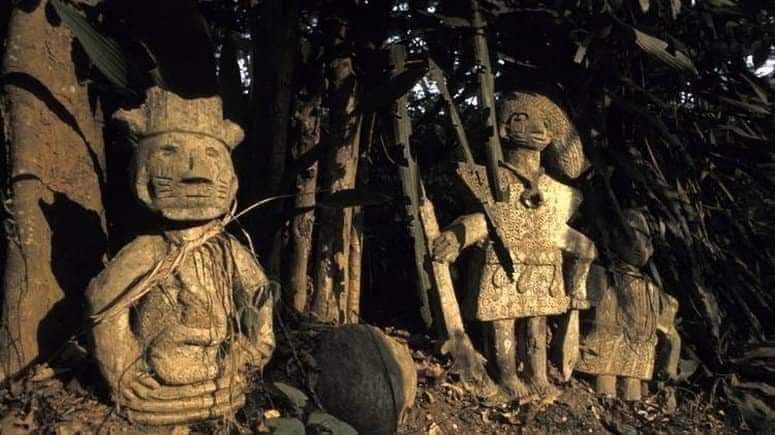
Over the years, Nollywood and scholars have perpetuated misconceptions about Igbo spirituality.
However, a deeper understanding of Igbo traditions reveals a more complex and rich spiritual landscape. For example, the god Amadioha is often portrayed as a deity revered by all Igbo people, but it is actually specific to certain communities in Abia and Rivers States.
It’s crucial to look beyond media portrayals and understand the true origins and meanings of these spiritual concepts. While “Chukwu” is commonly used to refer to the Almighty, it’s essential to recognize its original context and meaning within Igbo spirituality.
